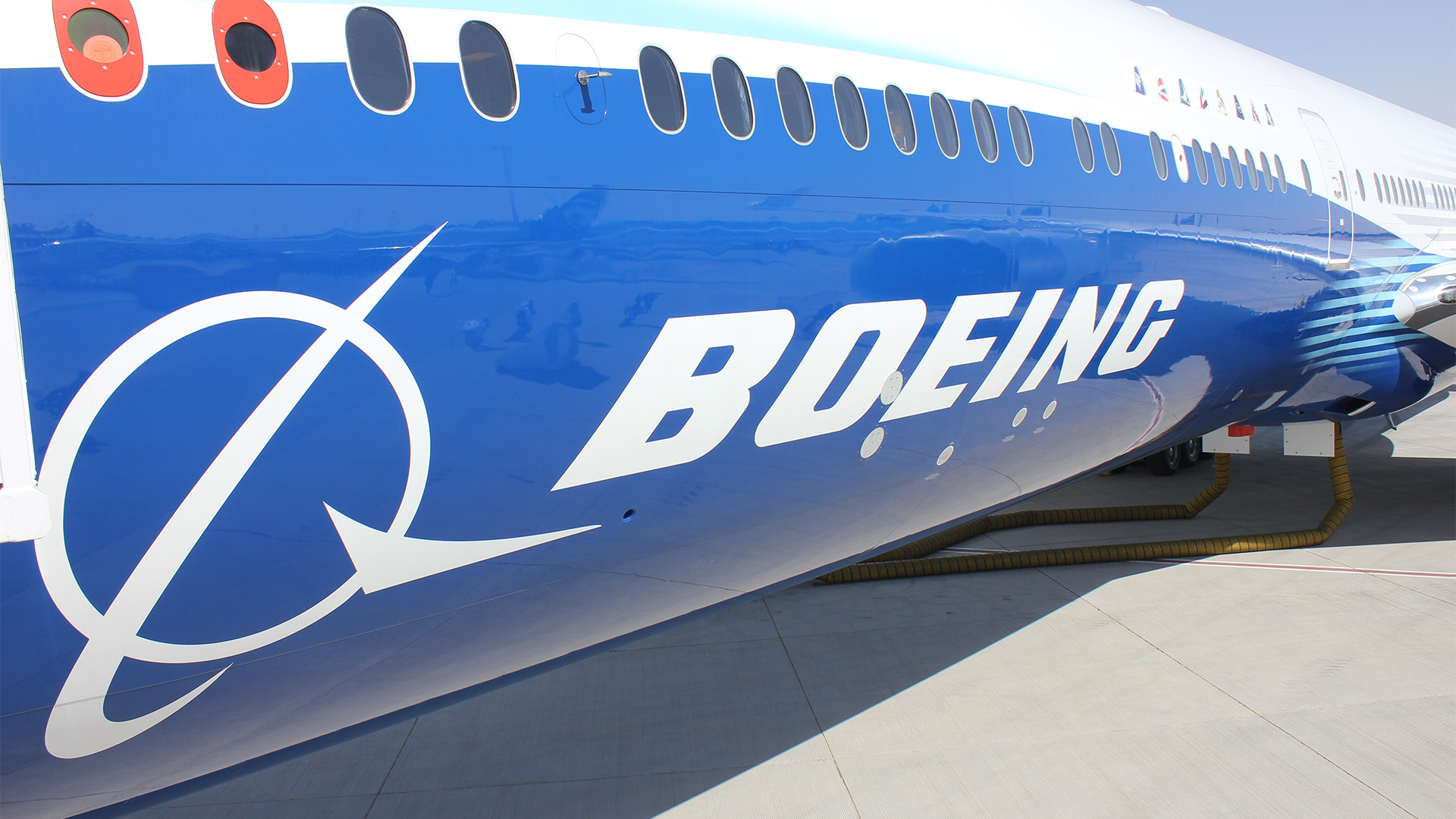China is hovering on the edge of a major crisis – the COVID-19 crisis has strangled manufacturing and services, left wide areas of the country silent and now it is hitting some of the country’s heavily indebted financial and industrial groups.
And yet the market rises because investors see a positive in reports of rescues and stimulus, forgetting that the huge debts in business and in quasi-government groups could overwhelm the economy.
There is trillions of dollars in debts in China. Asia, the US, and Europe, all of which has been exposed by the crisis and no amount of central bank intervention can support that unless private creditors also agree to be part of any solution.
But Chinese markets believe in fairy tales and the markets there ended up more than 3% after opening 1.5% higher on news that the Bank of Japan and perhaps other central banks stood ready to help with liquidity injections.
And it is the lack of liquidity that is looming as the major concern, not the virus or weak sales or profits.
One major group, HNA, an investment, airline, tourism and holding business (it owns a stake in Virgin Australia as well as Deutsche Bank and Hilton Hotels) is broke and has asked Chinese governments for a bailout.
Another devastating blow for China’s huge manufacturing sector with the second start of month survey of activity registering a massive slump.
It is clear now that China’s manufacturing sector and associated service businesses were slammed hard in February by the impact of the coronavirus.
Saturday’s official survey of big manufacturers showed a record fall to a record low of 35.7 from the stable reading of 50 in January.
Yesterday the Markit/Caixin magazine survey of small to medium businesses produced another terrible reading – 40.3 from 51.1 in January and well above the market’s forecast of 45.7.
As the official survey outcome was the lowest ever, so to was the reading from the Markit/Caixin survey. Both were even worse than the depths of the financial crisis in 2008-09, underlining the crippling effects of the virus across the country where authorities have imposed tough travel curbs and public health measures to contain the outbreak.
Both the official and private surveys provide the first official snapshot of the state of China’s economy since the outbreak of the coronavirus epidemic which has killed almost 3000 people in mainland China and infected about 80,000. The virus has also spread rapidly to more than 60 countries.
“China’s manufacturing economy was impacted by the epidemic last month. The supply and demand sides both weakened, supply chains became stagnant, and there was a big backlog of previous orders,” Zhengsheng Zhong, director of macroeconomic analysis at CEBM Group, said in comments on the survey.
The survey showed factory production and new orders collapsing to the worst levels on record, while employment also took a heavy blow.
There was no respite for exporters either, with new export orders sinking at one of the sharpest rates in the series history.
The output gauge dived to 28.6 last month, from 52 in January, while that for new business plummeted to 34.9, from 51.9.
Also worrying was news that the heavily indebted Chinese group, HNA, said it had asked the government to help it resolve liquidity risk caused by the coronavirus outbreak which has put heavy pressure on the airline industry.
HNA is a big Chinese aviation and tourism conglomerate (with shares in various Australian businesses such as Virgin Australia where it has a 19.85% stake) In reply the Chinese government looks like it is moving to takeover HNA.
HNA Group says it has asked the Hainan provincial government to lead a working group as it was not able to deal with the liquidity risk itself.
Asset sales may soon follow, but who will buy with markets trained, volatility rising and investors on the sidelines while the pandemic fears throttle markets.
This is going to be a familiar story from China and other economies (The US?) where companies with too much debt and unable to refinance (as many US oil shale frackers are), face a dangerous future.
US debt markets have effectively been shut since last Wednesday and billions of dollars of issues are stranded on the sidelines.













